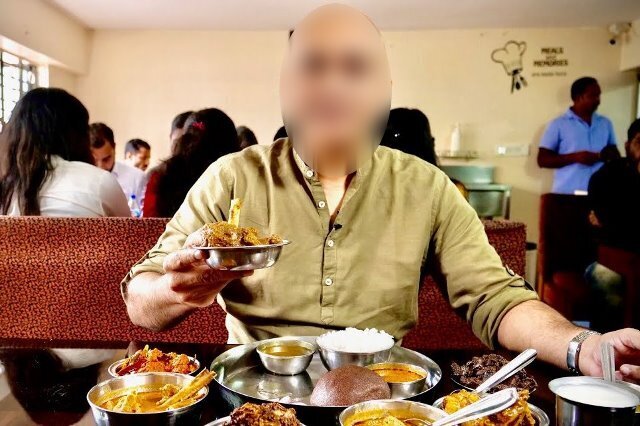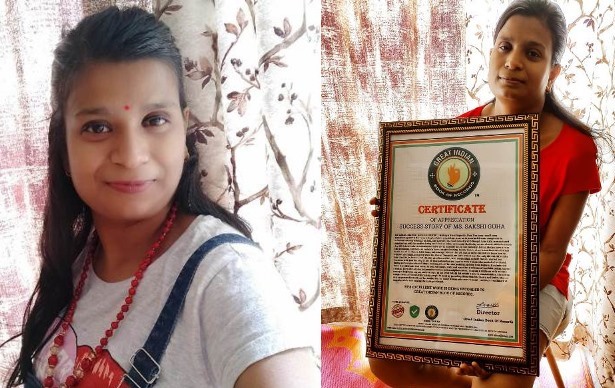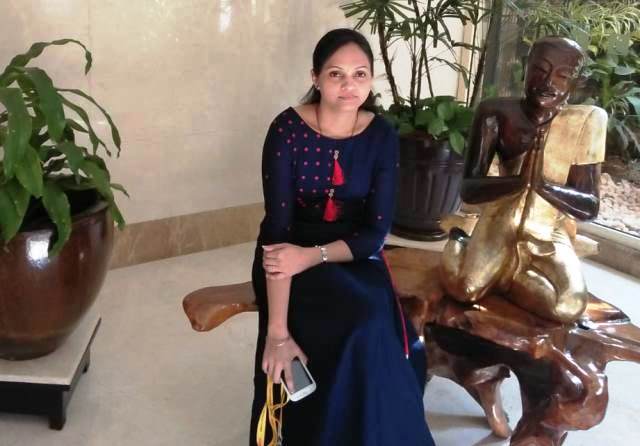Rahul Kumar, a restaurateur in Bengaluru, says the sudden hateful controversy created over meat products in the state may force him to close his business
I have been running a restaurant in Bangalore for the past seven years. In the past few weeks, there has been a lot of disturbances in Karnataka over religious issues. Now, the food is caught in the controversy — halal vs non-halal meat.
Amidst this, we witnessed how some goo ns targeted a restaurant owner over serving halal meat in a restaurant. This incident has alarmed other restaurateurs like us. We serve both Muslim and non- Muslim customers without any discrimination since starting of the business. But recent incidents have made us fear for our lives. Mahaul kharab ho gaya hai.
To assure our Muslim customers, we have printed on our signboard that we serve halal food. I’m afraid that I’ll have to remove the word ‘halal’ from there. This means that we are definitely going to lose over 20% of our customers.
During pandemic, restaurant businesses were severely affected. We have come down to 50% of sales compared to pre-pandemic time. At this time, when the business is already going through a difficult period, losing those customers will be a huge setback for us. I will have to re-consider whether it’s viable to run the food business when we are continuously losing the market.
ALSO READ: A Headscarf Unmasks The BJP In Karnataka
The rising communal divide in the state is going to affect everything — even businesses like us. Though such incidents are happening in other districts of the state, the fire will soon reach at our doorstep. If the peace is disturbed in the city, small businesses are going to suffer the most. Nobody is going to barge in Domino’s or McDonald’s or KFC, where security arrangements are in place, to pressurise them to serve a particular kind of meat, but small restaurants like us are vulnerable to frenzied mobs.
I witnessed a similar backlash in 2017, when there was a sudden protest in the city by pro-Kannada groups who were demanding that every signboard must use Kannada language. My restaurant’s signboard was torn off because it didn’t use Kannada language. I thank my stars that they stopped at the signboard and didn’t damage things inside the restaurant. Yet, it was distressful. We didn’t know that there was such a rule to use Kannada on signboards.
Such incidents pose a threat to the growth of a cosmopolitan city. All big and small businesses have played a crucial role in building Bangalore. The Kannadigas Vs outsiders or Hindu Vs Muslim issues will spook small businesses, which will eventually move to a different state like Telangana where such problems don’t exist.
I think that the Karnataka government should take stern actions against such people who are trying to cause trouble in the city. If the peace in the city is disturbed, aam aadmi will suffer the most.
* Rahul Kumar requested not to use his picture for the story. The picture used is for representational purpose
As told to Md Tausif Alam






